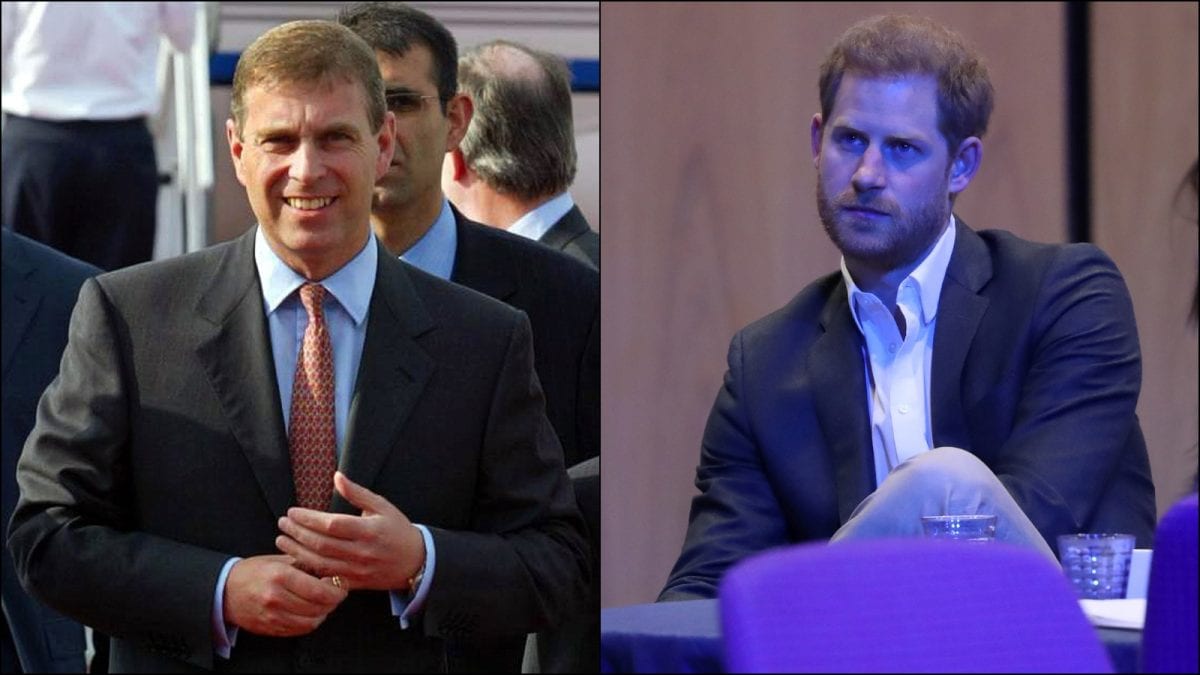Rachel Reeves committed to building a better railway across the north of England in a review that promised more transport investment around the country but left London disappointed.
The chancellor said the government’s plans to “take forward our ambitions for northern powerhouse rail” would be published shortly, and confirmed £3.5bn more funding to continue upgrades on the TransPennine routebetween Liverpool and Leeds.
Reeves signalled that the north and the regions would be the big beneficiaries, having already announced £15bn for city regions to develop local tram, rail and bus projects over the next five years.
Reeves also announced that she was publishing the review of the Treasury green book – the spending rules that have been seen as prioritising investment in the most populous and productive areas, namely London and the south-east. She said it would “support place-based business cases and ensure no region has Treasury guidance wielded against them”.
London was granted one major request, a longer-term funding settlement of £2bn over four years. But the mayor, Sadiq Khan, said he was disappointed by the lack of any commitment on its infrastructure plans.
Reeves also announced £2.5bn to enable the “continued delivery” of East West Rail, the line between Oxford and Cambridge. Railways in Wales will also get another £445m investment over 10 years.
About £750m a year will go on bus services, including extending the £3 bus fare cap from the end of 2025 until March 2027.
Another £25bn over four years will fund the continued construction of HS2 between London Euston and Birmingham.
Northern leaders have been waiting for the new government to commit to new railways across the north since the scrapping of the northern leg of HS2 by Rishi Sunak in 2023. The detail of the northern powerhouse rail investment will be published in the infrastructure strategy next week, but are expected to set out plans to fund a new line west of Manchester Piccadilly to the city’s airport, part of the scrapped HS2 route, and upgrades that would massively increase speed and capacity on the Liverpool-Manchester route.
A new station at Bradford is also in the frame which, along with the TransPennine upgrade budget confirmed in the spending review, and future electrification and line works to Sheffield and Hull, would eventually create a much faster and reliable line across the north of England.
The Northern Powerhouse Partnership, a business-led thinktank and advocacy group, said the commitment was “a major step forward for growth across the north”.
In the capital, however, Khan welcomed the multi-year financial deal for Transport for London (TfL) but added: “It’s also disappointing that there is no commitment today from the Treasury to invest in the new infrastructure London needs. Projects such as extending the Docklands Light Railway not only deliver economic growth across the country, but also tens of thousands of new affordable homes and jobs for Londoners.
skip past newsletter promotionafter newsletter promotion
He added: “The way to level up other regions will never be to level down London.”
Business groups in the capital were more blunt. John Dickie, the chief executive of the BusinessLDN group, said: “It looks like London has been left short-changed.
“The lack of certainty around delivering shovel-ready projects like the DLR to Thamesmead and Bakerloo line extension that could accelerate growth, create new jobs and open up sites for tens of thousands of new homes is baffling.”
The boss of TfL, Andy Lord, said the settlement would allow it to complete the introduction of new trains on the Piccadilly line and DLR, and “progress discussions” on new Bakerloo line trains but TfL would have to make “difficult decisions and we will need to continue to carefully prioritise investment and control our costs”.
While capital spending on transport increased, the Department for Transport has had to accept some of the bigger real-term cuts in government for resource, or day-to-day spending. The budget will fall 5% in real terms over the next four years, with savings to be found through the creation of Great British Railways, higher rail fare income and making the DfT a “smaller, more agile” department, according to Treasury documents.

 1 month ago
1 month ago

















